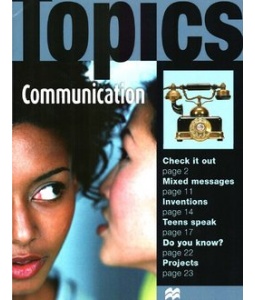Ana´s diary,5th December: Modal verb exercises

2º AMPLIACIÓN We have devoted the class to comment the book "This Rough Magic". We have covered from the beginning to chapter 6. 4º ESO KEY WORDS OF THE PRESENT PERFECT TENSE 1º BACHILLERATO 3/4 I have written the corrections of pages 21 and 22 of the WB. I have them on Google Drive and will share them with students I have on the group 1º Bachillerato. If you are interested, the only thing you have to do is sending me an email with your name and saying you want to be in the group.